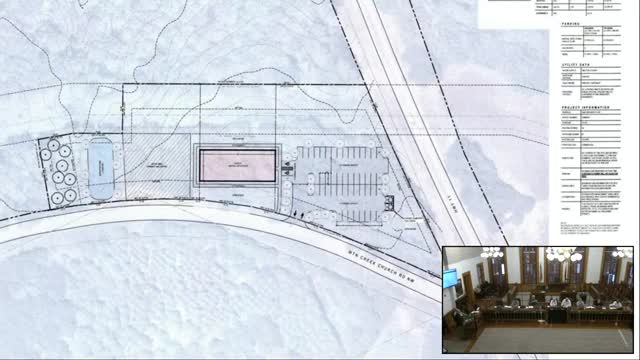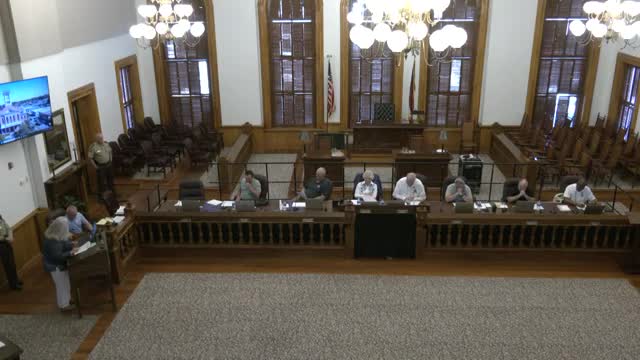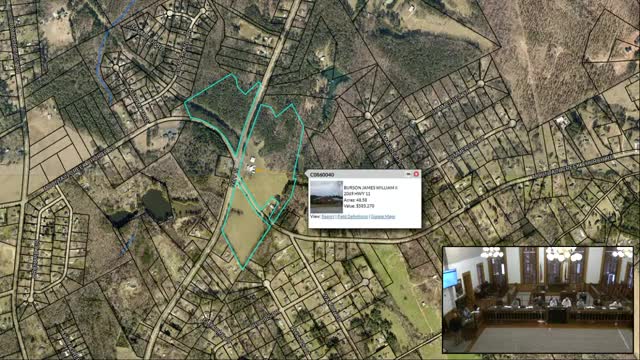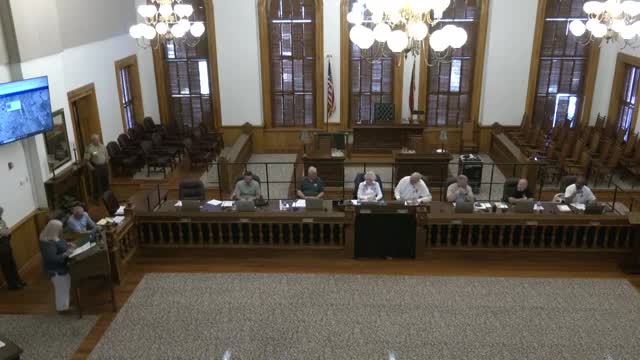Article not found
This article is no longer available. But don't worry—we've gathered other articles that discuss the same topic.

Commission approves several routine rezonings and administrative items; summary of votes

Bio‑digester discussion draws dozens to Walton County meeting; no application yet but residents urge ordinance change

Commission approves small used‑car lot along Gum Creek Church Road with conditions after heavy neighborhood opposition

